Vote économique
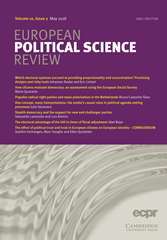
A Changing Economic Vote in Western Europe?
Abstract Considerable research shows the presence of an economic vote, with governments rewarded or punished by voters, depending on the state of the economy. But how stable is this economic vote? A current argument holds its effect has increased over time, because of weakening long-term social and political forces. Under these conditions, short-term forces, foremostly […] Lire la suite
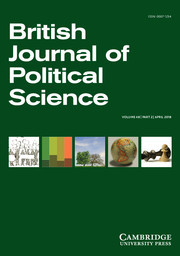
Do Voters Benchmark Economic Performance?
Ce contenu n'est pas disponible dans la langue sélectionnée. Abstract The conventional theory of economic voting is that voters reward or punish the incumbent government based on how the domestic economy is doing. Recently, scholars have challenged that view, arguing that voters use relative assessments to gauge government performance. From this perspective, what matters is […] Lire la suite
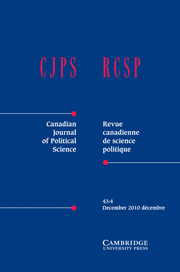
Beyond Nationalism and Regionalism
Résumé Des recherches ont démontré qu'alors que le vote économique est considéré de façon assez constante comme un mécanisme important dans le reste du Canada, il est plutôt faible au Québec. Guérin et Nadeau (1998) ont démontré que, lorsqu'il est exercé en ce sens, un choix de nature économique est dicté chez les citoyens du […] Lire la suite
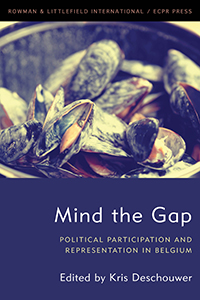
Economic voting in a federal country
Ce contenu n'est pas disponible dans la langue sélectionnée. Lire la suite
Economics and Political Behavior
Ce contenu n'est pas disponible dans la langue sélectionnée. Lire la suite
Nouveau projet de recherche: la reddition de comptes en Belgique
La Research Foundation Flanders (FWO), organisme qui finance la recherche scientifique en Belgique, a rendu publics les récipiendaires de l’année 2016 (projets de recherche et bourses de recherche). L’une des recherches retenues est un projet s’intéressant à l’imputabilité dans les élections belges. Cette recherche sera co-supervisée par Marc Hooghe et Ruth Dassonneville. Ce projet débutera […] Lire la suite

The Economic Voter and Economic Crisis
Ce contenu n'est pas disponible dans la langue sélectionnée. Lire la suite
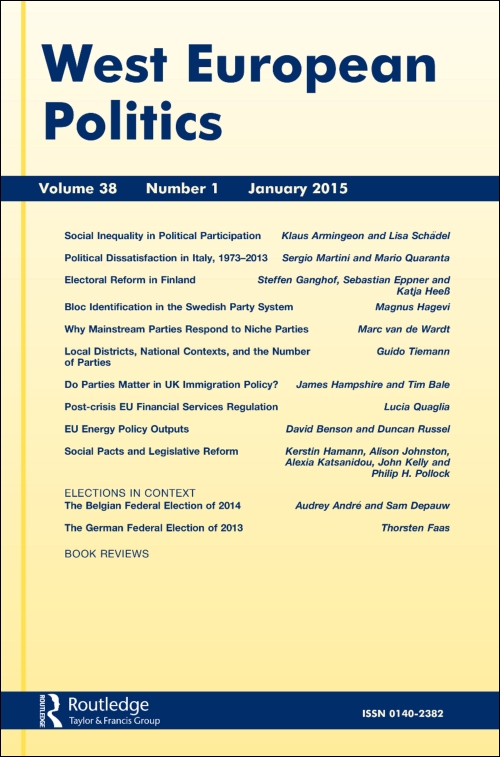
Compulsory Voting, Inequality, and Quality of the Vote
Ce contenu n'est pas disponible dans la langue sélectionnée. Abstract Democratic elections imply that the electorate holds incumbents accountable for past performance, and that voters select the party that is closest to their own political preferences. Previous research shows both elements require political sophistication. A number of countries throughout the world have a […] Lire la suite

Clarifying Clarity of Responsibility
Ce contenu n'est pas disponible dans la langue sélectionnée. Abstract Institutions are thought to matter for the vote choice, and work on economic voting is exemplary in this regard. The strength of the economic vote varies considerably cross-nationally and this seems to emanate from differences in the clarity of responsibility. Still, this conceptual frame, […] Lire la suite
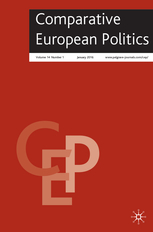
Economic Indicators and Electoral Volatility
Ce contenu n'est pas disponible dans la langue sélectionnée. Abstract Economic voting theory assumes that on an individual level voters react to economic indicators to hold incumbents responsible for the performance of the economy. On an aggregate level, this would imply that there is an association between economic indicators and levels of volatility since voters […] Lire la suite